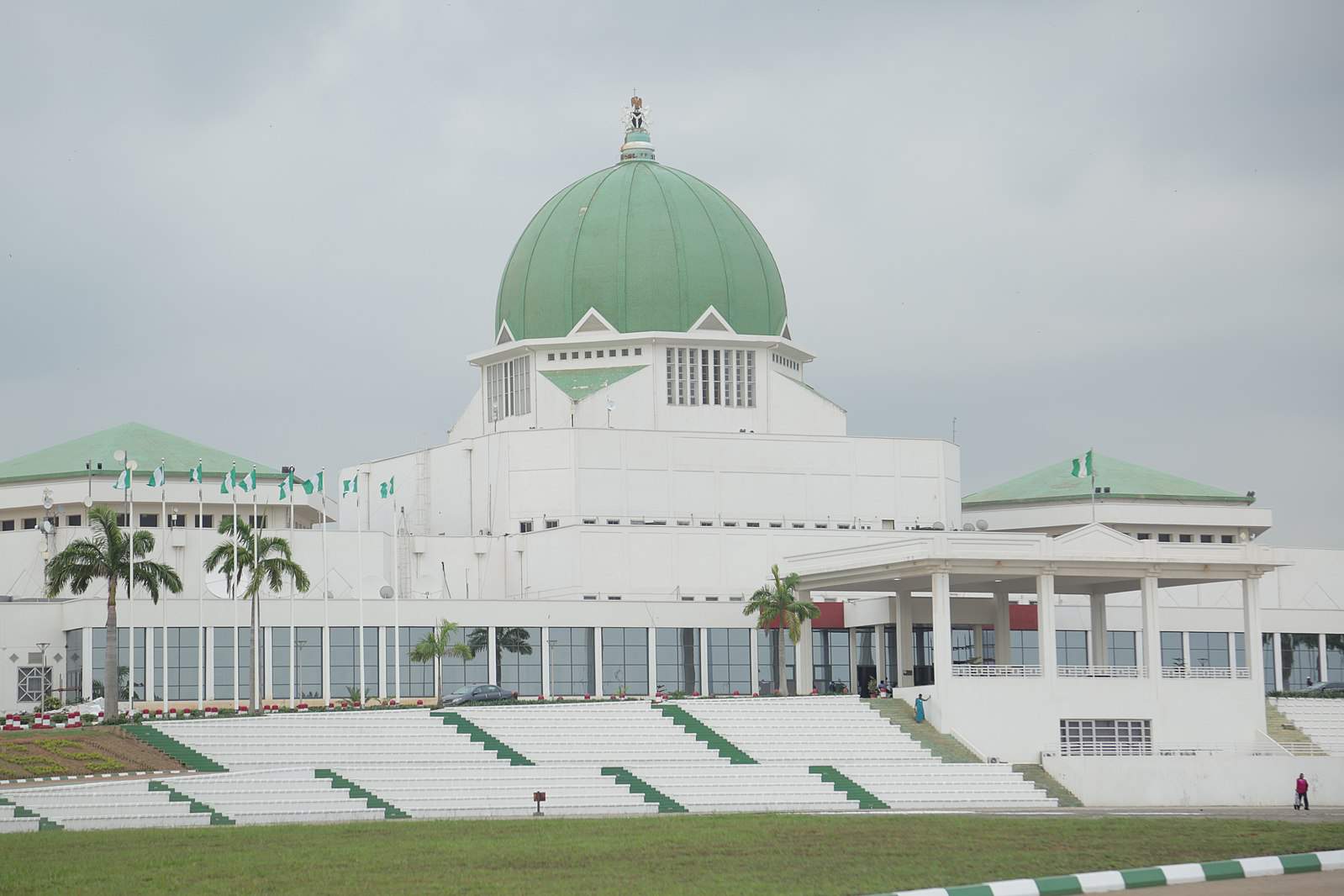
At this critical time of economic turmoil and overwhelming inflation in Nigeria, the country’s lawmakers intend to do one thing: limit the citizens’ freedom.
Last week, the Nigerian House of Representatives re-introduced a bill seeking to establish an agency to regulate the activities of non-governmental organisations (NGOs). This endeavour reveals Nigerian lawmakers’ intention to arbitrarily limit freedom of association.
Non-governmental organisations are famous for their humanitarian services and socio-economic and political rights advocacy. At the centre of their work is an oversight function over the activities of the government—holding the government accountable.
As noble as this sounds, lawmakers find this unwelcoming. That is why they are adamant in their endeavour to place NGOs under their shoes through “a bill for an act to provide for the establishment of the non-governmental organisations regulatory commission for the supervision, coordination and monitoring of non-governmental organisations, civil society organisations, etc, in Nigeria and for related matters (hereinafter referred to as the NGO bill)”.
Provisions of the bill also mandate the NGOs renew their registration every two years, leaving the organisations always at the expense of the regulatory body that may decide not to renew.
First introduced in 2017 at the House of Representatives of the National Assembly, the bill was pushed aside after a national outcry. Amnesty International, a human rights advocacy group, revealed the repressive provisions of the proposed law, and the lawmakers’ intention to suppress freedom of association and expression.
Among other things, the bill exerts undue influence on NGOs through a government agency to determine what NGOs to register and how it would conduct its activities. For example, Section 11 of the bill mandates all NGOs to register before the regulatory commission. Then Section 13 outlaws the operation of any NGO which is not registered, and prescribes up to 18 months jail term for violators.
Amnesty International described the bill succinctly: “dangerous and oppressive.”
That may not have been an issue if the bill had given a level playing ground for the registration of the NGO. Section 15 empowers the regulatory commission to refuse the registration of an association based on the widely abused “national interest” or simply because “it is satisfied that the applicant should not be registered”.
Provisions of the bill also mandate the NGOs renew their registration every two years, leaving the organisations always at the expense of the regulatory body that may decide not to renew.
Amnesty International described the bill succinctly: “dangerous and oppressive.”
In its post on X, the civil rights advocacy organisation lamented and warned that the bill is a serious threat to human rights and, if passed, would exacerbate the restriction of civic space, the rights to freedom of expression, assembly and association as well as media freedom in Nigeria.
“Amnesty International calls on the members of Nigeria’s House of Representatives to immediately reject the dangerous and oppressive bill reintroduced by Sada Soli (APC-Katsina) to violate Nigerians’ human rights and suppress civil society in the country.”






